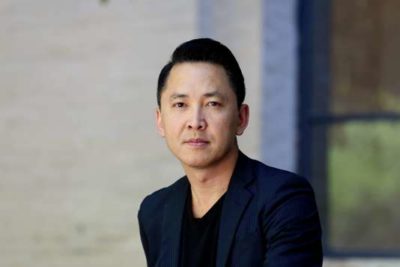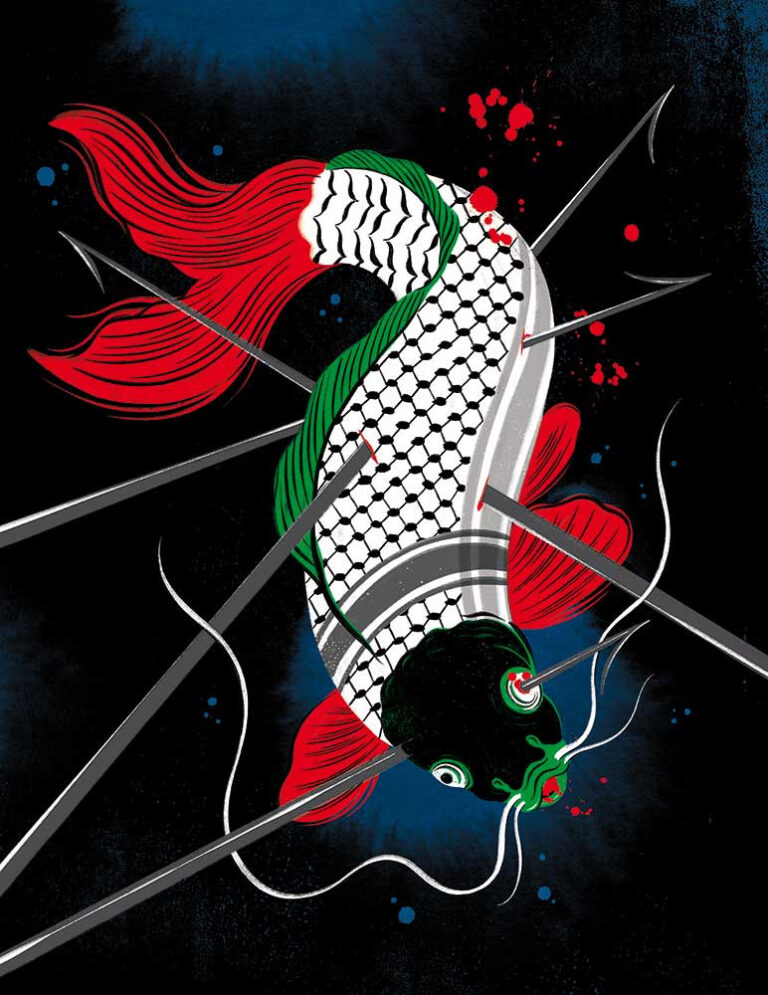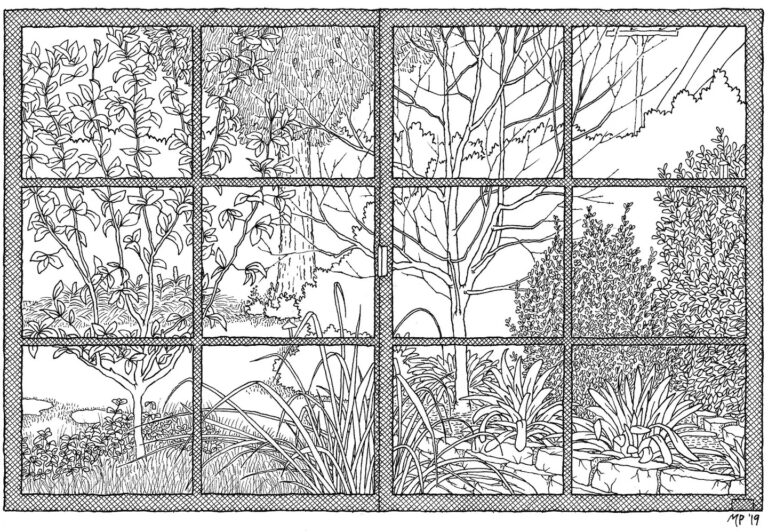Viet Thanh Nguyen’s critique of American writers’ workshops for The New York Times.

Literature and power cannot be separated. American literature is read around the world not only because of its inherent value, but because the rest of the world always reads the literature of empires. A new development is that the American way of teaching writing is beginning to spread globally. The writing workshop, with all its unexamined assumptions, has spread to Britain and Hong Kong, a model of pedagogy that is also an object lesson in how power propagates and conceals itself.
Not accidentally, the “workshop” invokes the nobility of craftsmanship, physical (not intellectual) labor — and masculinity. As Junot Díaz and Claire Vaye Watkins have argued, the workshop can be a hostile place for women and people of color.
This was my experience as an undergraduate at the University of California, Berkeley, studying with mostly white students. I worried that my historical and political concerns — my autobiography as a refugee from war, from an Asian country — wouldn’t find a receptive audience.
My concerns were not without reason. In “The Program Era,” Mark McGurl has pointed out how the workshop produces a particular kind of writing, and in “Workshops of Empire,” Eric Bennett situated the workshop’s origins in the midcentury American fear of Communism. Reacting against the rising proletarianism of American writing before World War II and the specter of Soviet power, American writer-teachers promoted the idea of creative writing as a defense of the individual and his humanistic expression. Politics and the spirit of collectives would not be in fashion.
What would be in fashion: voice, experience, and showing rather than telling. So it is that workshops typically focus on strategies of the writing “art” that develop character, setting, time, description, theme, voice and, to a lesser extent, plot. Plot is usually seen by workshop writer-teachers, or teacher-writers, as the property of so-called “genre” writing: science fiction, crime, romance, young adult and screenplays — as if literary fiction were not also a genre.
As a young aspiring writer, I was troubled by how these workshops, aside from the “art” of writing, did not have anything to say about the matters that concerned me: politics, history, theory, philosophy, ideology. How does one write a poem, a short story or a novel that deals with any of these things? I did not realize at the time that such issues were often beyond the horizon of concern of the workshop because they threatened its very origins.
As an institution, the workshop reproduces its ideology, which pretends that “Show, don’t tell” is universal when it is, in fact, the expression of a particular population, the white majority, typically at least middle-class and often, but not exclusively, male. The identity behind the workshop’s origins is invisible. Like all privileges, this identity is unmarked until it is thrown into relief against that which is marked, visible and outspoken, which is to say me and others like me.
We, the barbarians at the gate, the descendants of Caliban, the ones who have no choice but to speak in the language we have — we come bearing the experiences and ideas the workshop suppresses. We come from the Communist countries America bombed during the Cold War, or where it sponsored counter-Communist efforts. We come from the lands America occupied, invaded or colonized. We come as refugees and immigrants, documented and undocumented. We come from the ghettos, barrios, reservations and borders of America where there are no workshops. We come from the bedrooms and the kitchens of the American home, where we were supposed to stay, and stay silent. We come speaking languages other than English. We come from the margins, where English is broken. We come with financial aid and loans and families that do not understand what “creative writing” is. We come from communities we do not wish to renounce in the name of our individualism. We come wanting to do more than just sell our stories to white audiences. And we come with the desire not just to show, but to tell.
But what is that art that is also political, historical, theoretical, ideological and philosophical? How is it to be taught? It must be taught not only as an isolated craft or a set of techniques. It must be taught in relation to, or within, courses on history, politics, theory and philosophy, as well as ethnic studies, gender studies, queer studies and cultural studies.
The history and aesthetics of the workshop must be made visible rather than assumed, and the capacity of writing to save lives and change the world must be seen not as something that is innate only to the writing but as something that is enabled by, and in turn enables, social movements, revolutions and the struggle for power. In short, the answer is not to be found solely in the workshop, which is why it is worrisome that so many writers of color, women writers and working-class writers who are excluded from the model of the workshop continue to subscribe to its powers. As if, Flannery O’Connor (herself the graduate of the most famous workshop of all, at the University of Iowa) said, the workshop wasn’t a case of the blind leading the blind.


